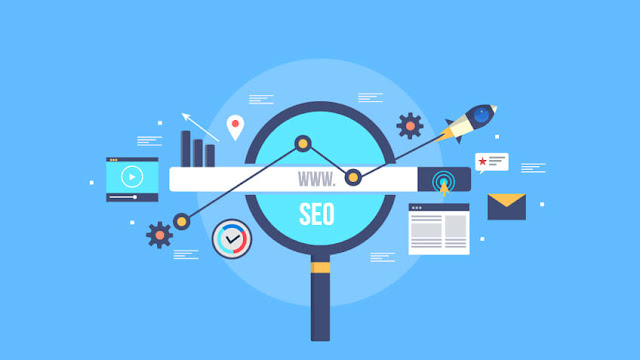The Impact of WordPress Themes on SEO Performance
While content quality, backlinks, and technical aspects are all crucial components of SEO, the choice of a WordPress theme should not be underestimated.
A WordPress theme can significantly influence your website’s SEO performance, affecting factors such as page speed, mobile responsiveness, structured data, and more.
1. Page Speed:
Page speed is a critical factor in both user experience and search engine rankings. WordPress themes vary in terms of coding practices and design elements, which can affect how quickly a page loads. A well-coded theme with optimized CSS, JavaScript, and image files can contribute to faster loading times. Search engines like Google consider page speed as a ranking factor, so a theme that helps maintain a fast loading website can positively impact SEO performance.
2. Mobile Responsiveness:
Mobile-friendliness is no longer an option; it’s a necessity. With Google’s mobile-first indexing, websites that provide a seamless experience on mobile devices are given priority in search rankings. Responsive WordPress themes automatically adjust their layout to suit different screen sizes, ensuring a consistent user experience across devices. Choosing a mobile-responsive theme can improve user engagement and indirectly contribute to better SEO performance.
3. Structured Data Markup:
Themes that include schema.org markup can assist search engines in interpreting your content and displaying rich snippets in search results. These snippets can enhance the visibility and click-through rates of your pages, potentially boosting your organic traffic.
4. Clean Code and Semantic HTML:
Search engines value clean, well-organized code and semantic HTML markup. A theme with clean code not only makes it easier for search engine bots to crawl your site but also reduces the likelihood of technical issues that could negatively impact your SEO efforts. Semantic HTML helps search engines understand the hierarchy and context of your content, improving its chances of ranking well.
5. Customization and Bloat:
While customization options are attractive, themes with excessive features and elements can lead to bloat and negatively impact loading times. Bloated themes often come with unnecessary scripts, styles, and functionalities that can slow down your website. It’s important to strike a balance between customization and performance to ensure a positive impact on SEO.
6. Security and Updates:
Website security is indirectly linked to SEO performance. A theme with security vulnerabilities can make your site susceptible to hacks and malware, which can harm your reputation and SEO rankings. Choosing a well-maintained theme from reputable sources and keeping it updated can contribute to a secure website environment.
In conclusion, the choice of a WordPress theme goes beyond aesthetics; it can significantly impact your website’s SEO performance. When selecting a theme, consider its impact on page speed, mobile responsiveness, structured data markup, code quality, customization options, and security. By opting for a well-coded, responsive, and optimized theme, you’ll be setting the foundation for better search engine visibility, improved user experience, and ultimately, higher organic traffic. Get the best search engine optimization service from search engine optimization Toronto based company.




Comments
Post a Comment